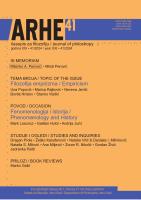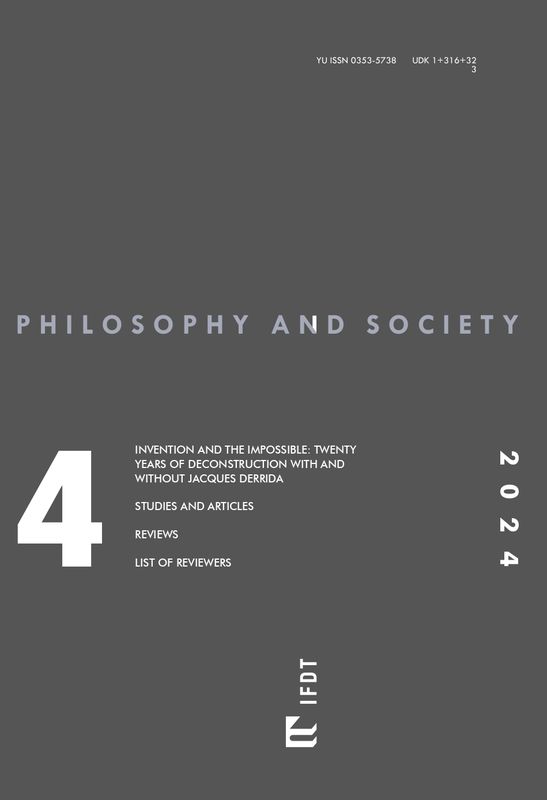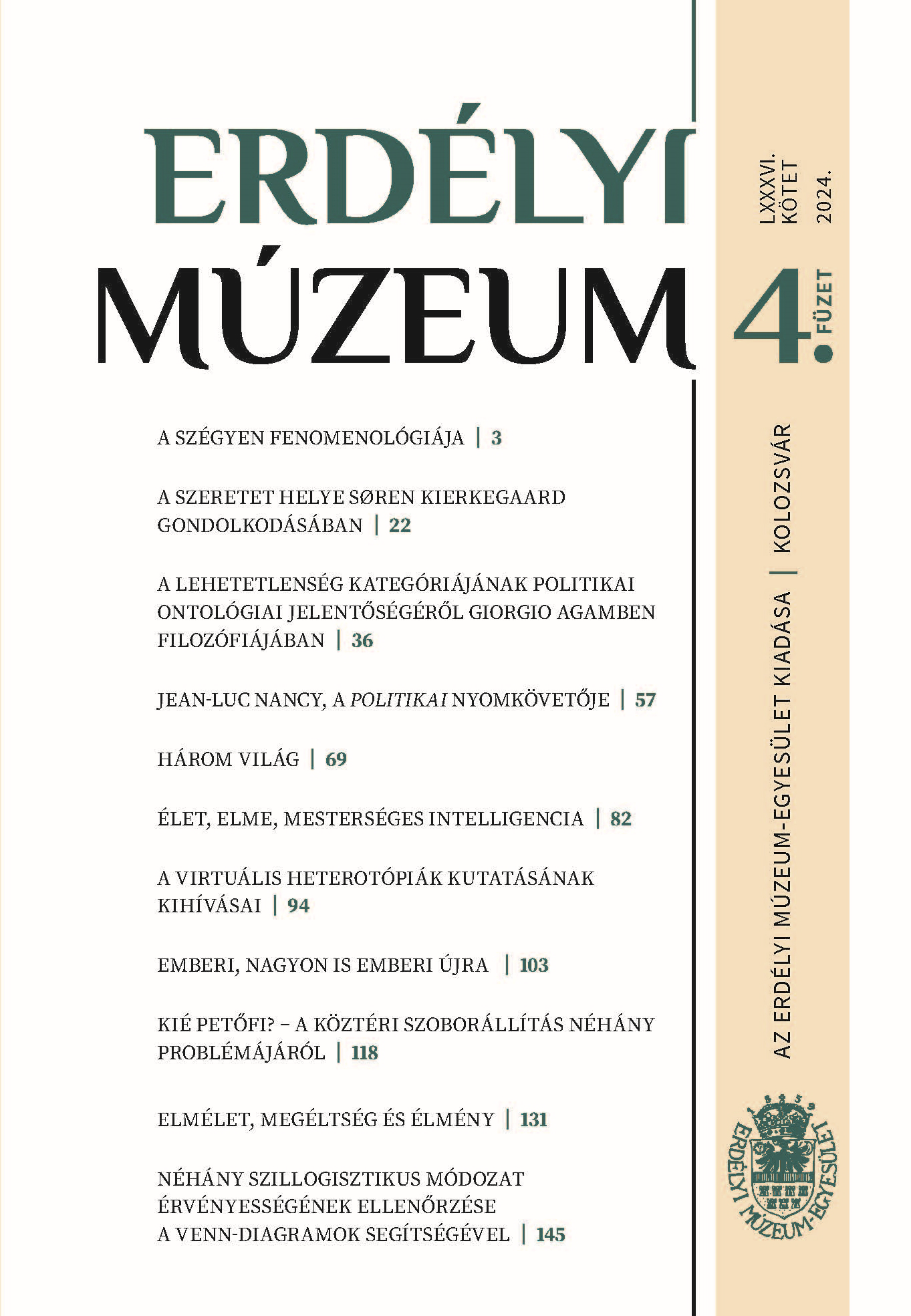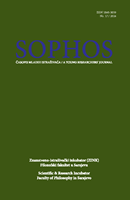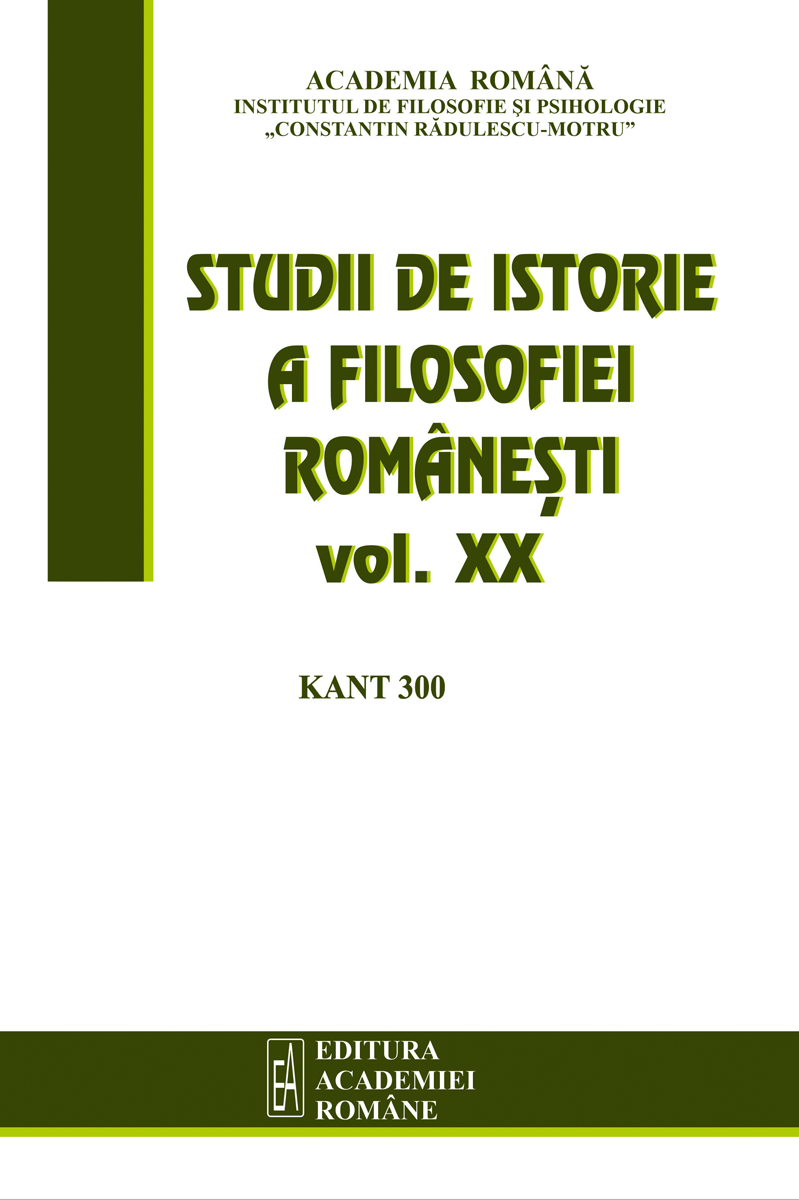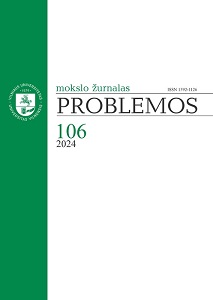
Kant and the Problem of Self-Identification
Ever since Strawson’s The Bounds of Sense, the transcendental apperception device has become a theoretical reference point to shed light on the criterionless selfascription form of mental states, reformulating a contemporary theoretical place tackled for the first time in explicit terms by Wittgenstein’s Blue Book. By investigating thoroughly some elements of the critical system the issue of the identification of the transcendental subject with reference to the I think will be singled out. In this respect, the debate presents at least two diametrically opposed attitudes: the first – exemplified in the works by Hacker, Becker, Sturma and McDowell – considers the features of the I think according to Wittgenstein’s approach to the I as subject while the second, exemplified by Kitcher and Carl, criticizes the various commentators who turn to Wittgenstein in order to interpret Kant’s I think. The hypothesis that I will attempt at articulating in this paper starts off not only from the transcendental apperception form, but also from the characterizations of empirical apperception. It may be assumed that Kant’s reflection on the problem of self-identification lies right here, truly prefiguring some features of Wittgenstein’s uses of I, albeit from different metaphysical assumptions and philosophical horizons.
More...



